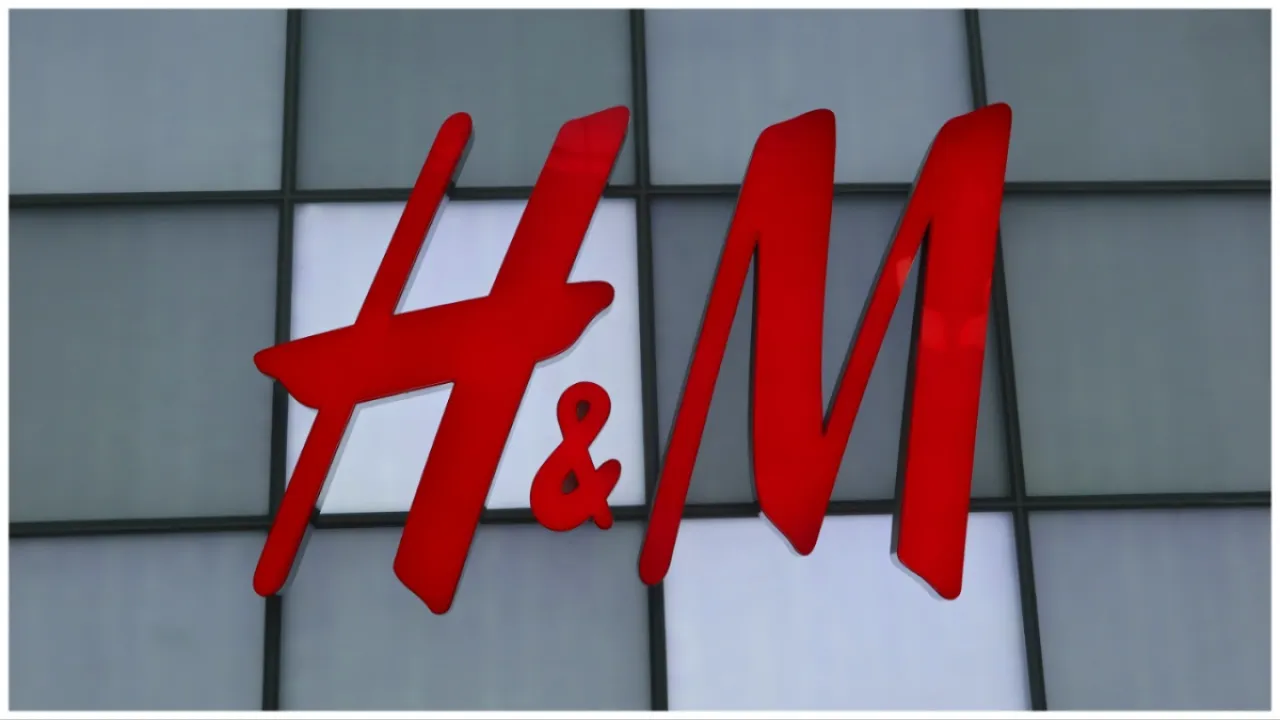
It’s been a decade since the infamous Rana Plaza Collapse in Dhaka District, Bangladesh. The tragic incident was the worst accidental structural failure in modern history and killed 1,134 people. This event was caused by a blatant disregard for workers’ safety. The building was showing signs that a collapse was imminent, and yet no repairs were done and workers were forced to keep stitching garments as usual.
The Rana Plaza Collapse was supposed to be a turning point for all garment workers to gain more protection and earn fairer wages. Ten years later, garment workers are still sewing hidden cries for help in clothes and fighting for livable wages in brutal clashes with Bangladeshi police.
Approximately 5,000 workers who were responsible for sewing clothes for Zara, H&M, and other fast-fashion brands went on strike for an increase in wages. It seems that the workers will not stop until they get $209 a month, since they’ve refused the measly 56% minimum wage increase. The workers’ demands aren’t even significant, since monthly costs for a single person in Dhaka are around $402 excluding rent.
Protesters have had violent encounters with local police, resulting in multiple deaths and injuries. The police have used tear gas and rubber bullets against the striking workers. Trade unionist Nazma Akhter spoke to The Guardian, saying “The proposed new wage is unacceptable. We reject it and demand a revision,” adding “Global fashion brands must also speak out, … What use is all their talk of female empowerment when the women who make their clothes are being murdered on the streets?”
The garment workers have the power to stagnate the country’s economy as well, given that Bangladesh is the world’s second-largest apparel exporter. Fast fashion clothing relies on overconsumption, as people buy more clothes they don’t need to keep these multinational corporations afloat. And since fast fashion isn’t produced to last, consumers are forced into a cycle or buying and rebuying.
Workers have hardly anything to lose, and so much to gain by fighting for livable wages. So the next time a sparkly H&M dress goes on sale for the next Taylor Swift concert, ask yourself: why are concert tickets worth $400? And why are garment workers making barely anything to churn out fast fashion in dingy sweatshops?
(featured image: Gary Hershorn/Getty Images)
Have a tip we should know? [email protected]
